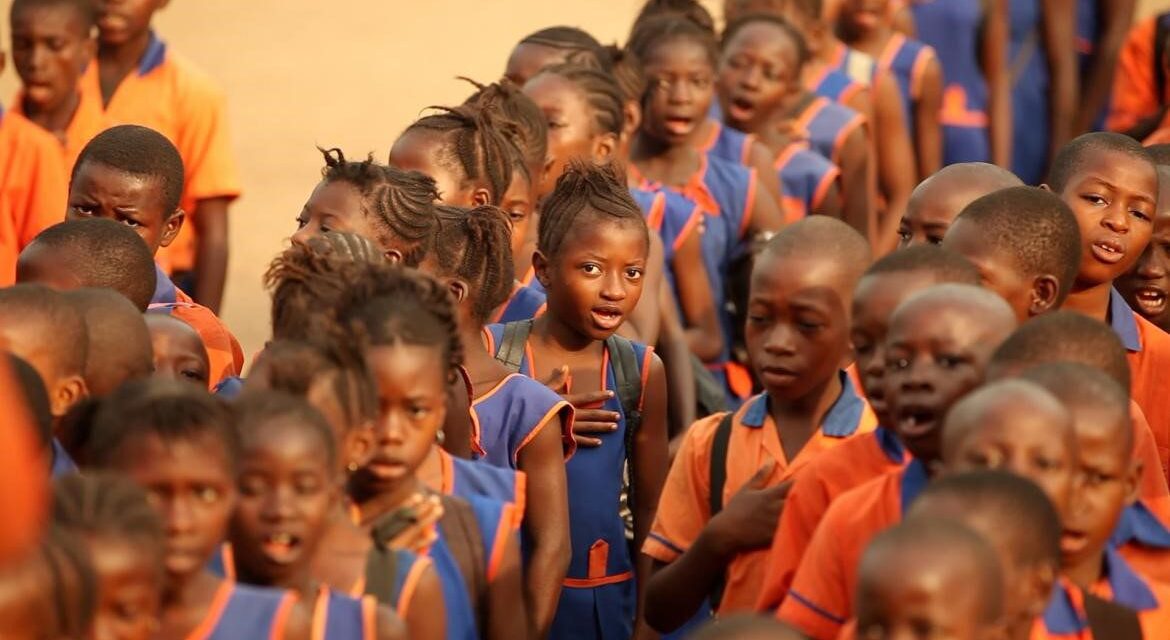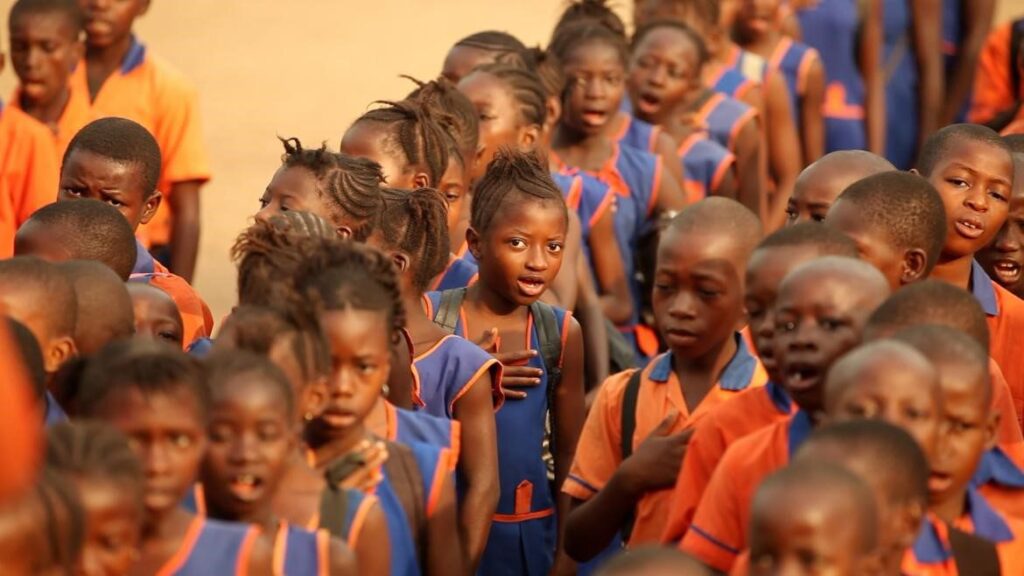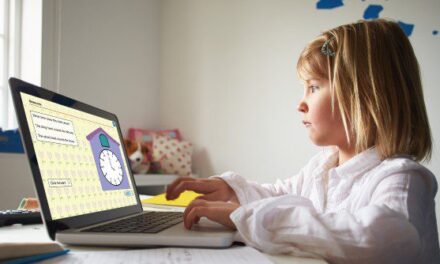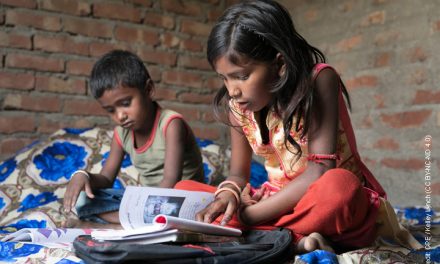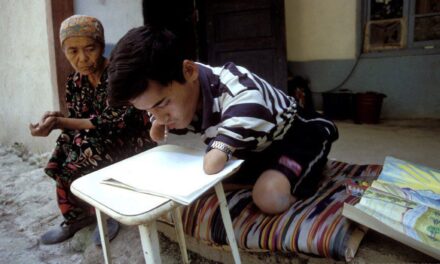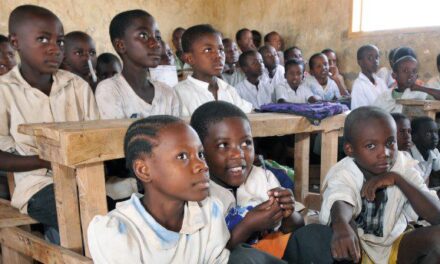This blog is written by Colin Bangay, Senior Education Adviser, Department for International Development (DFID). It aims to look at some practical and sensible lessons from the education response in Sierra Leone during the Ebola outbreak, to help others as they face closures of education systems. This blog was originally published on the Global Partnership for Education website on 31 March 2020.
As DFID adviser in Sierra Leone, I’ve received a raft of emails recently on what can be learned about Sierra Leone’s education response to Ebola in 2014/2015.
COVID-19 with its asymptomatic transmission presents a different level of challenge to education systems. However, there are certainly useful lessons to share – particularly on rebooting education systems – but I will leave my DFID predecessors to comment on this in future blogs.
What I offer here are general thoughts on preparedness response in resource-challenged contexts and links to the Sierra Leone educational materials used to during the year that Ebola closed schools.
Please note these comments are largely unencumbered by research evidence and draw more on intuition, common sense and experience.
Systems
- Don’t jeopardize those in leadership roles: That’s the first rule of crisis management – think of the safety of front line staff. Set up equipment, protocols, phone trees and clear and regular communication.
- It’s not just about the children – it’s also about the administration: Building the capacity of the educational delivery chain from ministry to rural teachers is a smart investment, for example by using virtual conferencing, with tools like Zoom and Teams, setting up WhatsApp groups, or using mobile money transfers to keep activity going.
- To paraphrase Michael Barber – ‘It’s not innovation but routine’ that drives change that sticks: Routine, and confidence that the basics are being done, is never more important than in a time of crisis – for students and adults alike. Establishing COVID-smart routines and protocols, be that learning times or coordination meetings, will help systems function and support mental health and individual productivity.
- Where possible, exploit social media – WhatsApp groups are great for sharing messages and giving support. Great work has been done in Bangladesh on recording teacher training support on SIM cards, which teachers can then insert into their own phone to watch.
Learning
- Information technology isn’t only tablets and smart phones. Radio is likely to be the mass media with greatest reach, lowest cost, quickest start-up and least likelihood of being a vector for viral transmission.
- Depending on the length of social distancing due to COVID-19, paper-based self-study materials (SSMs) may come into play. Self-study materials need to cater to children who may be at very different levels of attainment. They need to include exercises that are graduated – entry, moderate and stretching. Self-study really means that – many students will not have access to literate parents or family members who can support them. There’s lots of good advice and free resources on this. (See for example from UNESCO, UNICEF and the World Bank). Trawl the internet – there are some great free online courses.
- Students aren’t passive. There is lots of evidence from disaster risk reduction showing how effective children can be as agents of change. Having said that care is needed, particularly for very young children to not unnecessarily raise anxieties. Get the pitch right.
- Learning builds on feedback – In factual subjects, students need to know if they are right or wrong. Putting answers into books is one way, but blended packages of written modules with scheduled radio support to work through content and get to answers would be preferable. There is the art of the open question – write what you feel, draw what you think … What would you do if ? Then of course there is just the escape of an engaging and appropriately pitched reading book – learning doesn’t always have to be tested. There is joy in a good story and a sense of achievement in finishing a book.
- Distributing paper study materials creates logistics challenges – Attention needs to be put to both hygiene (COVID-19 can live for hours on paper) and distribution (piggy-backing distribution on the back of other deliveries – e.g. beer or soft drinks (which always seem to get through!) might be an option?
Think bigger
- It’s not just about learning gains: Social crises impact the most vulnerable – during Ebola we saw many more cases of gender-based violence and teenage pregnancy as girls were forced into transactional sex. COVID-19 will have a strong gendered impact as well as broader social consequences. Now is the time to think cross-sectorally – health, education, social protection environment.
Finally …
- This too shall pass: Countries will get through this – but we will enter a very different world. There will be the possibility of further periodic coronavirus outbreaks. It’s unlikely that there will be the injection of funding that Sierra Leone received post Ebola – as every country will be struggling to get back on their feet. This is a challenge but also an opportunity. Thought is required now on how to reboot education systems, to build back better, stronger integration between services, real local ownership, smart use of technology and with a recognition that we ignore our environment at our peril (both Ebola and COVID were zoonotic transmissions – likely transmitted through the illegal wildlife trade).

